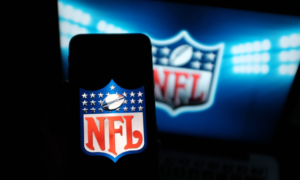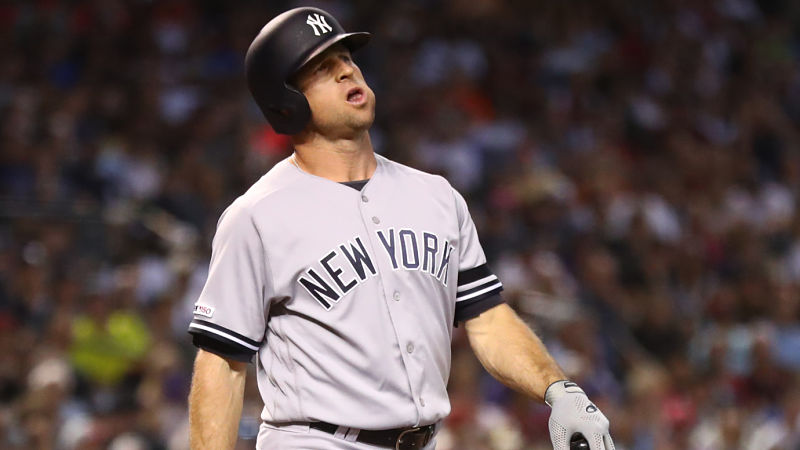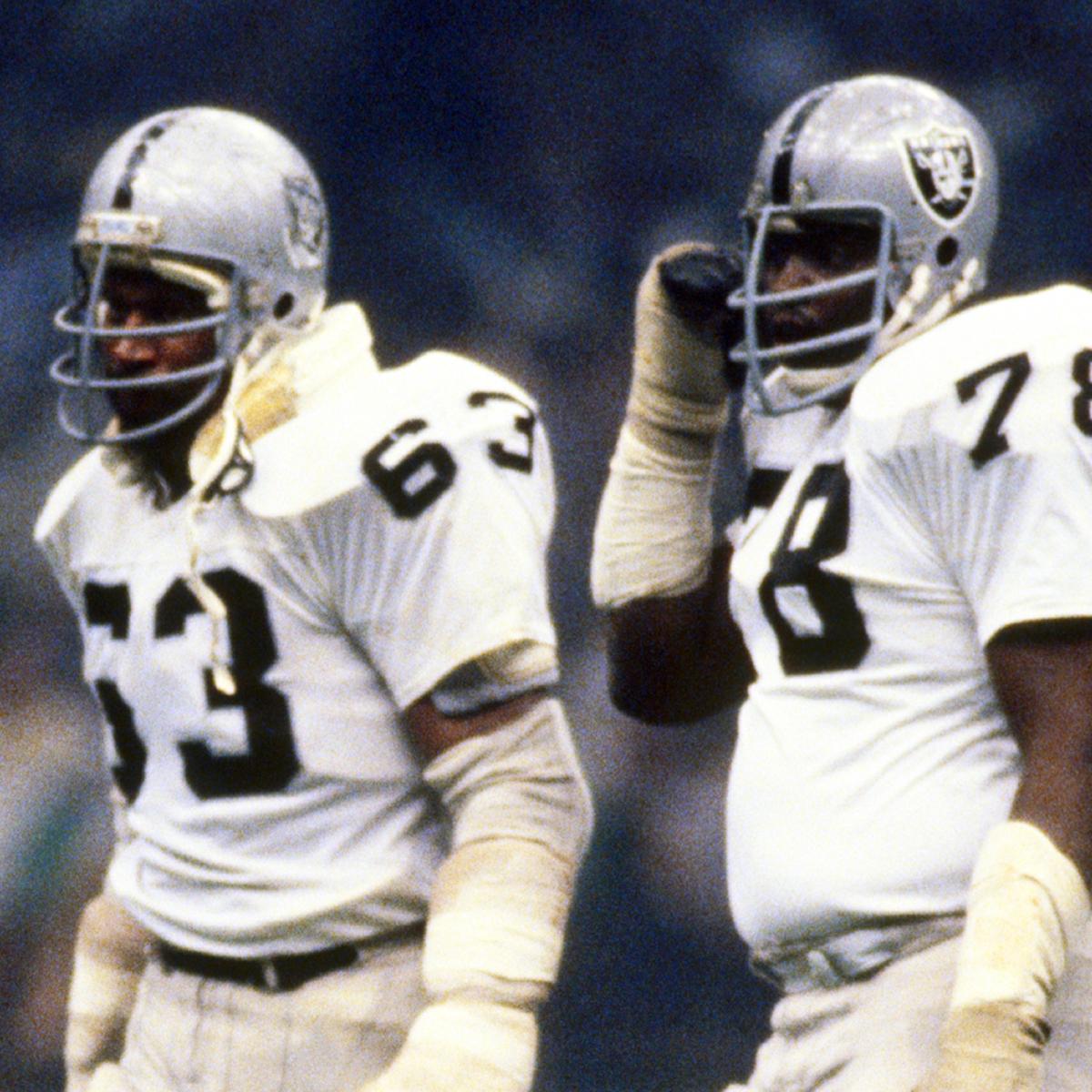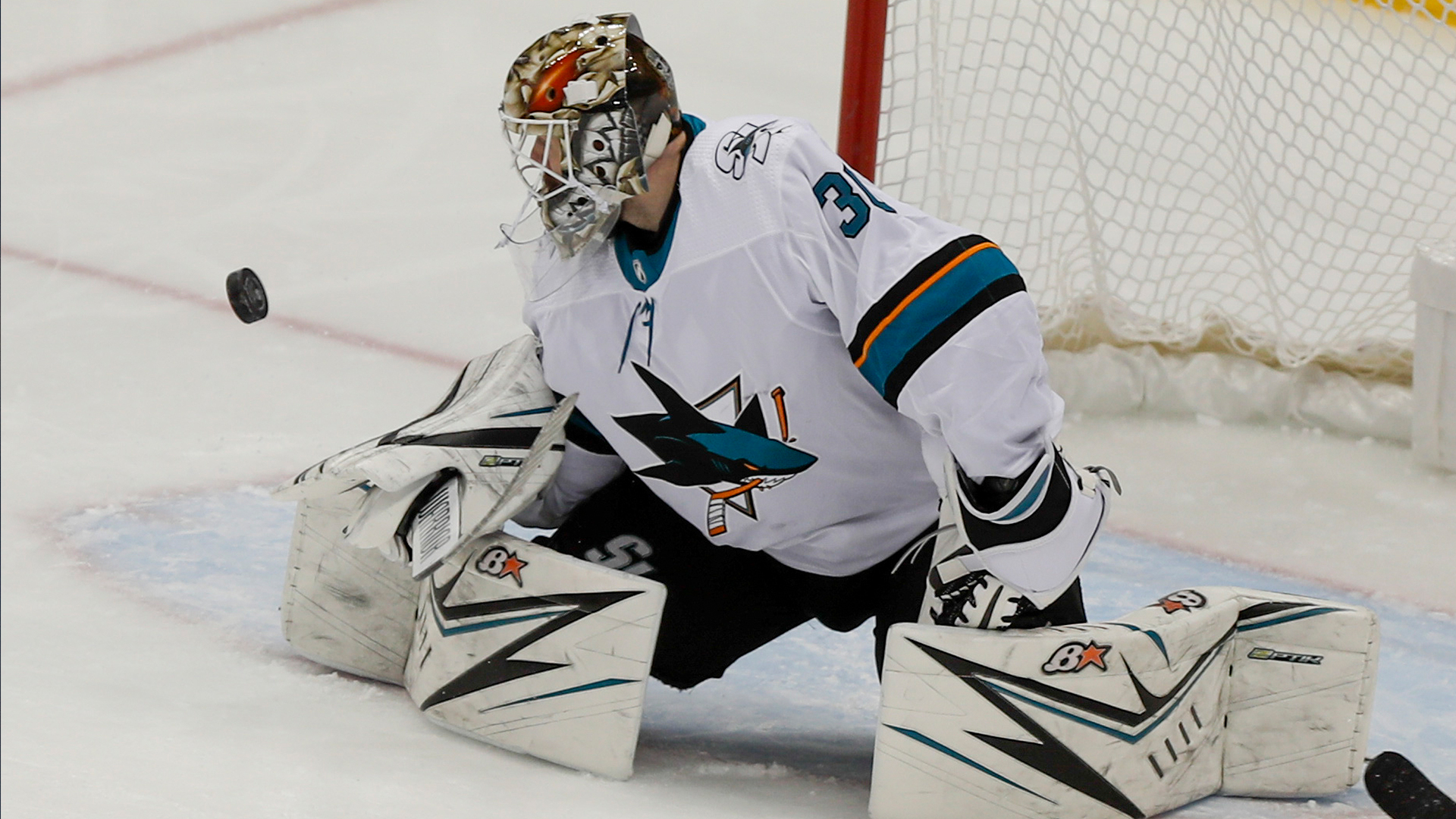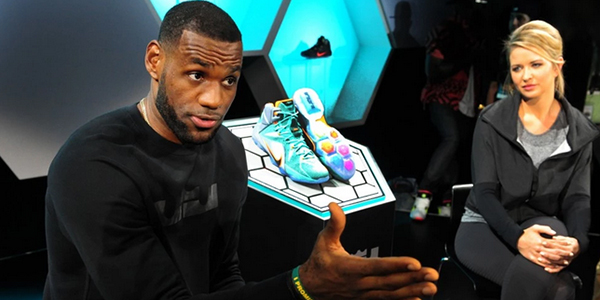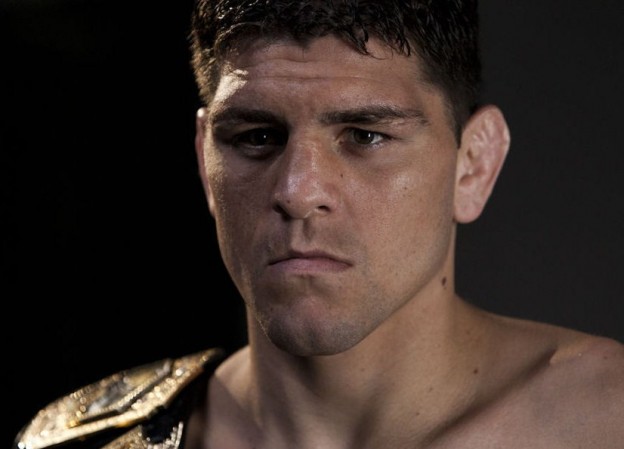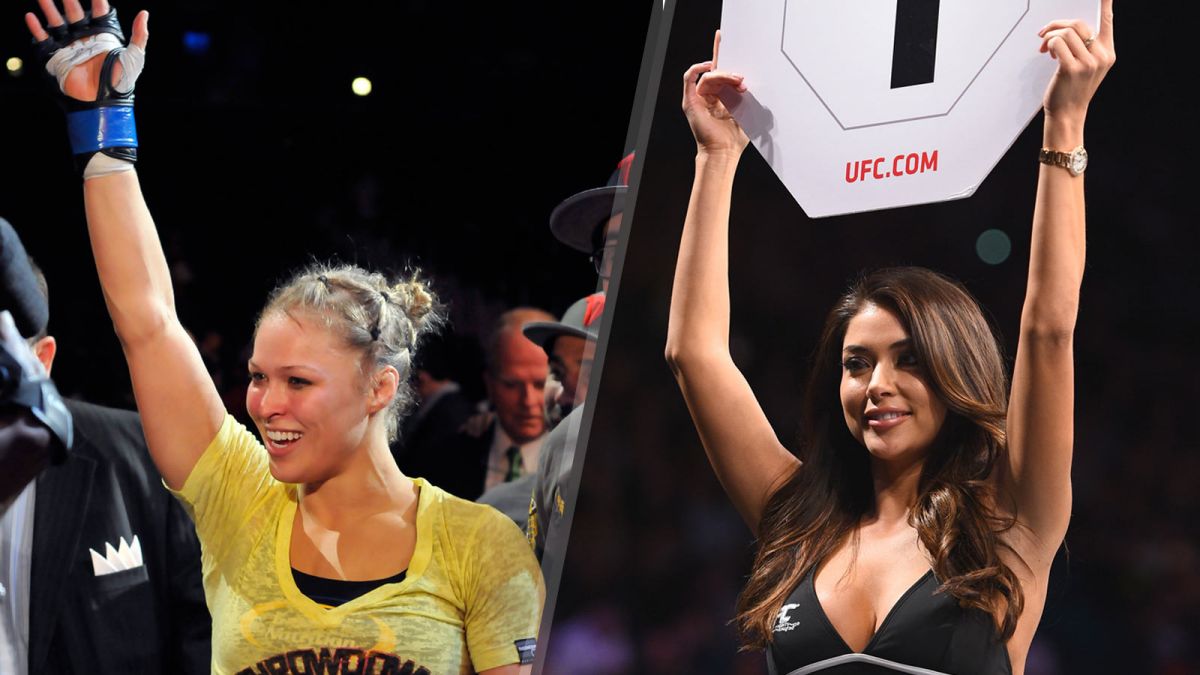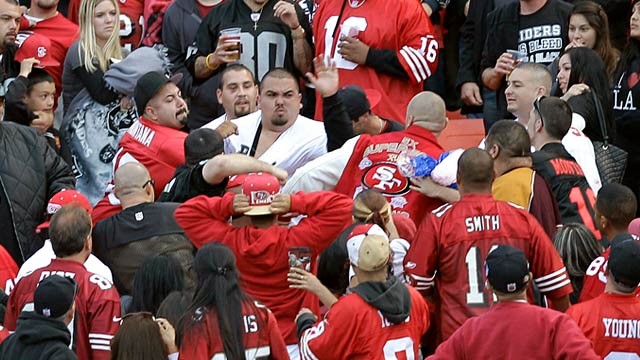Does winning make the Mets less Metsy? What about more money? We’re about to find out.
In a 1971 column about baseball player Ron Swoboda, New York Times sportswriter Red Smith went for a bit of linguistic razzle-dazzle. On the subject of the outfielder’s recent trade to the Yankees, Smith described some of the outfielder’s past work—namely, an incident in which he had gotten locked in a batting cage right when he was called to be ready to pinch-hit—as “superbly Metsian.”
The Mets had existed as a franchise for less than a decade at the time. They had not had a singular on-field identity during that span—in fact, they’d famously had the opposite, going from worst to first as they won the 1969 World Series. The Mets were no longer losers in 1971, but two years had passed since their signature win, and, again, they still had not really been around for long at all. It could have been fair to suggest that the ingredients for a cohesive franchise theme were not yet here. But Smith did not have to define “Metsian.” Any reader who was a baseball fan could grasp the meaning intuitively. “Metsian” had nothing to do with winning or losing. It had nothing to do with Swoboda, or any other player or manager or staffer. “Superbly Metsian” was not tied to a specific sort of action. It was a vibe. It was a spirit. It was getting locked in the batting cage when you’re supposed to be pinch-hitting.
Which is all to say that Mets energy—Metsiness—is a concept almost as old as the franchise itself. It has thus far proven bigger than any one player or season or, yes, team owner.

With last week’s final approval of the team’s sale to billionaire hedge fund manager Steven Cohen, change should be in store for the Mets, and there’s reason to believe it will be generally positive. Cohen is far wealthier than previous team owner Fred Wilpon—far wealthier, in fact, than any other owner in MLB—and has discussed an interest in pouring serious investment into the club. The Mets will probably look different in 2021. But does that mean that it might be possible for them to look… un-Metsian?
If it’s true that “Metsian” has been a recognizable term since the birth of the franchise, decades before the involvement of the Wilpons, it’s also true that it’s hard to imagine an ownership group that could have had a more specifically Metsian energy than the Wilpons.
Since the family took majority ownership of the team in 2002—after Fred Wilpon first acquired a minority share in 1980 and upgraded to a 50% stake in 1986—they’ve made their presence obvious in a way that has been true for few other owners in sports. That’s included a penchant for meddling in areas of team operations generally not subject to such oversight by ownership; a disastrous touch for anything related to public relations; and a remarkable capacity to frustrate their own players over seemingly ridiculous stuff. (Also, the Ponzi scheme.) The Wilpon era was a Metsy one indeed, and logically, its end should signal a departure for this particular brand of Metsiness. But just how much of a change could actually happen under Cohen? Here are a few different scenarios, laid out by relative shift in Metsiness:
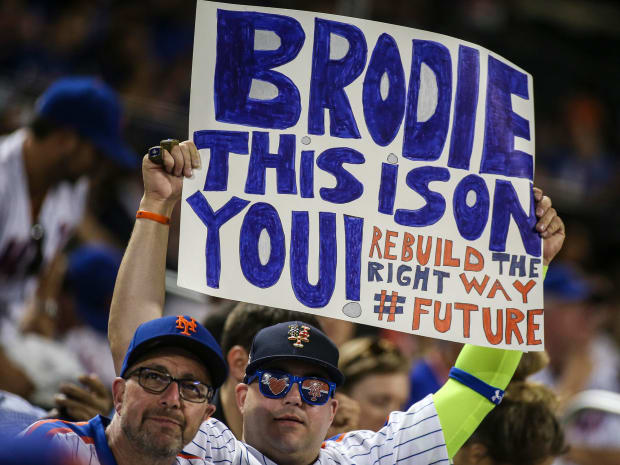
They Win. A Lot.
Let’s address a misconception here. It can be easy to assume that Metsian energy must involve losing, probably because there are so many ways to lose that feel Metsian—think cartoonish errors or blown saves. But win-loss record does not necessarily have anything to do with the energy here. For instance, the Mets last went to the World Series in 2015, a season that also brought Metsian events like Wilmer Flores left on the field in tears after a reported mid-game trade that never materialized and Matt Harvey missing a mandatory playoff workout because he was “stuck in traffic.” This quality can exist in abundance on a winning club. If a revamped Mets team somehow ends up cruising to a World Series in 2021 and looks prepared to repeat? Sure, it’s not particularly likely that they’ll do so with a strong sense of Metsiness. But simply winning is not an antidote here.
They Spend Big
Which brings us to how they would likely pursue that winning. It’s worth noting that the Mets weren’t completely out of the free-agent game under the Wilpons; while they had a reputation for overall cheapness, they did take some big swings, even if several ended as misses. (See: Bay, Jason.) But it stands to reason that there will be a shift here under Cohen. Yes, it’s common for new owners to talk up a bigger spending game than they actually commit to, but for the purposes of analyzing the maximum swing in Metsiness, let’s just assume here that they go big. The Mets are already rumored to be in contention for catcher J.T. Realmuto. In an unusual market where many teams are expected to trend toward thriftiness due to pandemic uncertainty, there’s little chance of serious bidding wars, and if Cohen is really inclined to spend, he should have plenty of space to do so. Trevor Bauer. DJ LeMahieu. All on the table. Would the team still feel Metsy then?
… they’d be in more or less the same spot as they are when it comes to the idea of winning generally! Does a committed pursuit of victory with big signings seem like a hedge against the most embarrassing form of Metsiness? Yes. But does baseball offer enough room for weirdness that simply stocking up on premium free agents is not a guarantee of anything? Also yes.
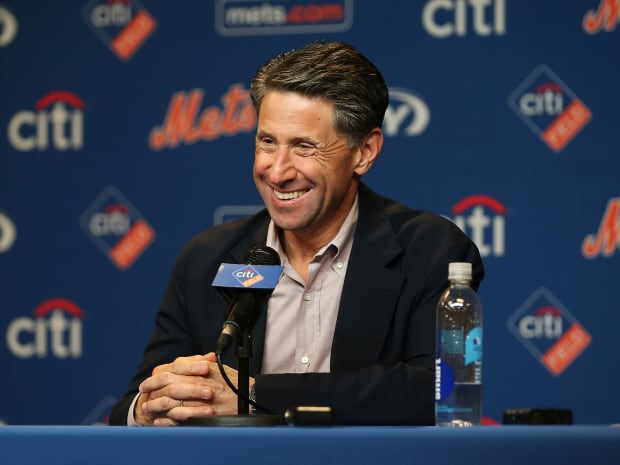
They Invest in All the Unsexy Stuff
So here is where you really get into chipping away at the pillars of Metsiness. One of the first specific actions reported to be on Cohen’s to-do list was a fairly low-profile one: He wanted to make sure the Mets had the motion-capture software that most of the league has now been using for years. (Jeff Wilpon had reportedly refused to pay the $150,000 price tag in seasons past.) It’s not a crucial factor in training, but it is the sort that allows a team to run more smoothly. In other words, it is exactly how most teams are run now, which makes it the opposite of what has been happening with the Mets.
This approach would mean a decision to invest in player development; in a robust baseball operations department no longer hamstrung by the whims of ownership; in a greater medical and training staff—if there’s one area where this team defies the odds with its sheer rate of dysfunction, this is it, with an entire culture of meta-jokes that has sprung up around its language for injury diagnoses. These changes would not be flashy or even particularly visible to the average fan. But their basic utility—and their accompanying crackdown on the space for weird blunders—would allow a path away from some of the dumbest features of Metsiness.
They Do the Little Things
This one is small but instructive. Over the last week, Cohen—who’d had a low-profile Twitter account since 2017 but had previously used it to tweet only a handful of messages to friends or apparent typos—opened himself up to suggestions from fans about how to improve the team. It was the sort of thing that most clubs do through a structured community feedback session, and that the Mets hadn’t really done at all under the Wilpons, but here was Cohen trying it all on his own from his unverified Twitter. He replied to questions about concessions prices and parking lot fixtures and the stadium availability of coffee from Dunkin’ Donuts.
And to one from a user with the display name “Buck Tuddrussel”—as in the character from the Cartoon Network show Time Squad—who said that he had been banned from Citi Field in 2016 for a tweet about Jeff Wilpon. The user wrote that it had been in poor taste but not with bad intent and asked to be reinstated.
Cohen responded to this guy, who had scarcely a dozen followers, posting under a display name of one television character and an avatar of another, “Is that true, Buck. We need to fix that.”
“Buck” took a picture of the certified letter banning him from the park.
“That is amazing,” replied Cohen.
There is a dark and twisted form of Metsian energy in Wilpon name-searching Twitter to ban someone with fewer than two dozen followers from the park. It is so absurdly petty that it feels, quite literally, almost unbelievable. And there is its opposite—earnest, maybe a little weird, but in a sweet way—in reading a message from a cartoon account about getting banned from the stadium and typing “Is that true, Buck. We need to fix that.”
Because, after all, there’s more than one way to be Metsian.
——————-
Did you miss our previous article…
https://sportsgooru.com/mlb/tony-la-russa-on-players-kneeling-not-only-do-i-respect-but-i-applaud-the-awareness/

